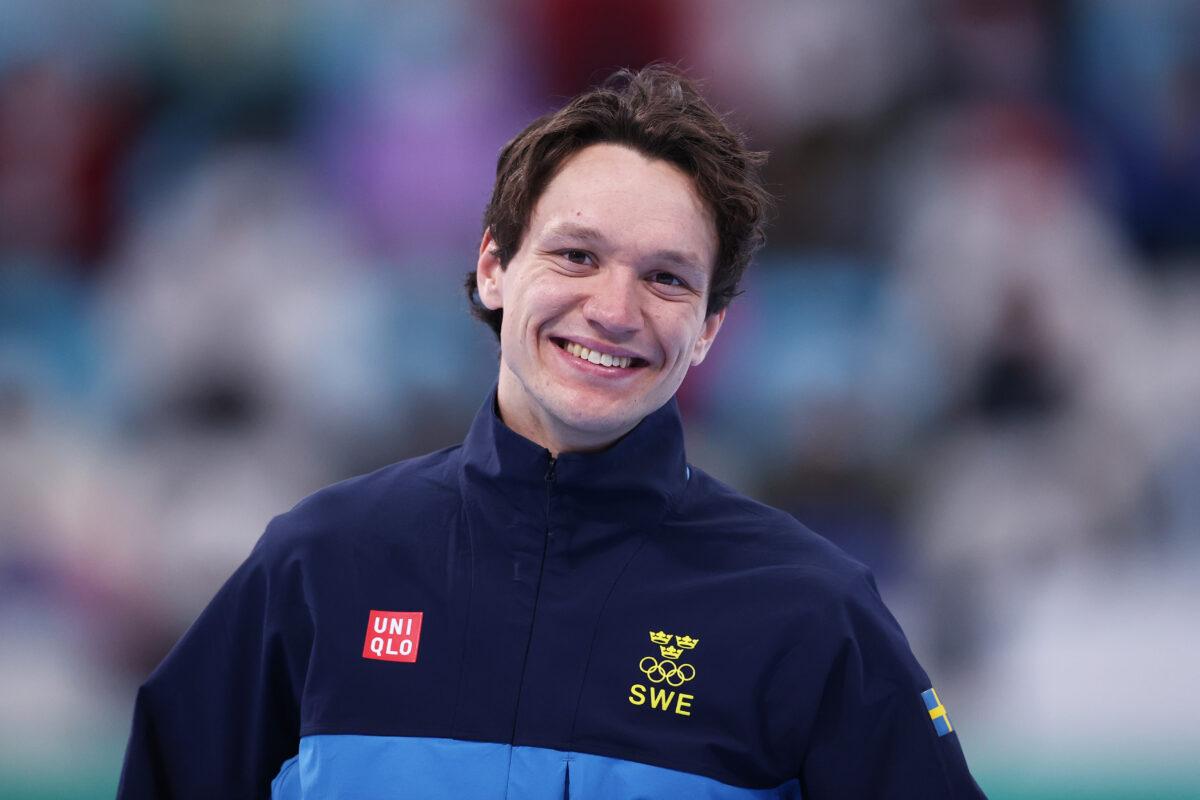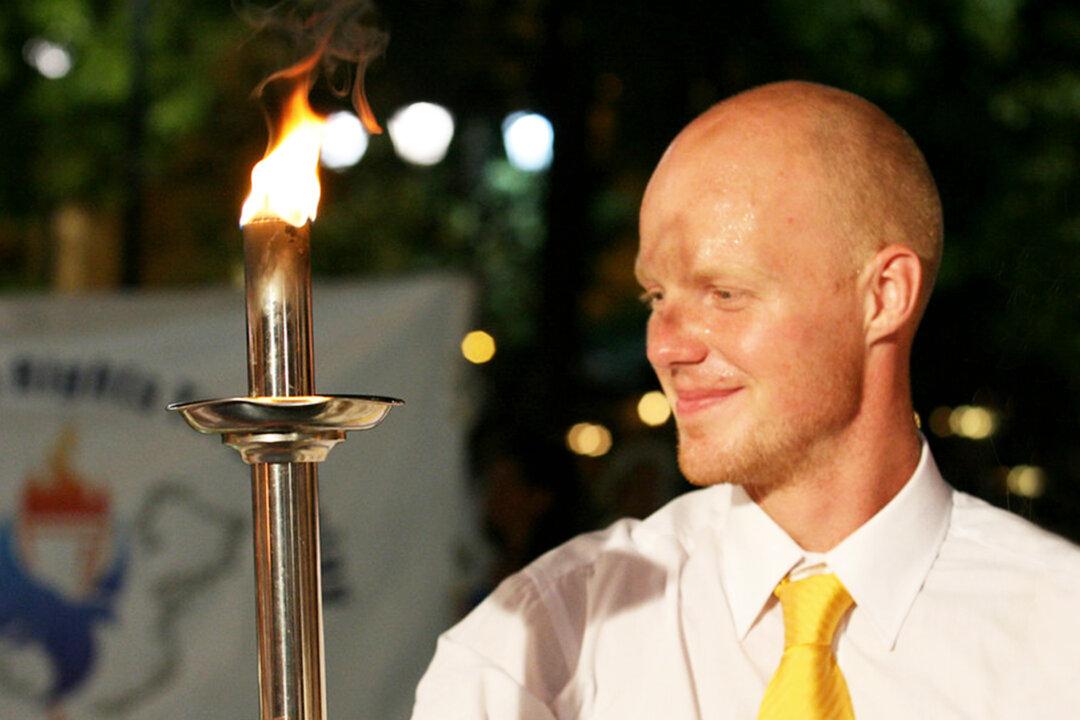Had it been up to him, Latvia’s luge coach Martins Rubenis would never have made the trip to the Beijing Winter Olympic Games. Indeed, he didn’t know if he would even be allowed into China until the very last moment.
A two-time Olympic bronze medalist, Rubenis was already known to the Chinese Embassy in Latvia after more than 15 years of advocacy for China’s human rights.
Rubenis didn’t wait long after his team finished competing in the Games to open up.
It was a daring move on Rubenis’s part, knowing the regime’s retaliatory tendency. Within a day, the president of the Latvian Olympic Committee was invited to the Chinese Embassy in Riga—for the second time since Rubenis’s 2006 hunger strike—"to be ‘educated’ on how to silence the team members for ‘wrong thinking,’” he told The Epoch Times.
Luckily for Rubenis, the committee stood up for him, arguing that team members have a right to be vocal on matters that are important to them. Rubenis believes their support helped ensure his coming home smoothly.

He had taken the risk, he said, because he saw it as his “obligation.”
“At that moment, I was not afraid at all,” he said regarding talking to the Latvian broadcasters.
‘Do My Job’ and ‘Never Go Back’
But others who hold critical views about the regime have chosen to take extra caution and kept their mouths shut while within the influence of the Chinese Communist Party (CCP)—a perhaps unsurprising move given the regime’s highly restrictive laws policing speech both online and offline, and with Beijing not-so-subtly hinting about ejecting athletes from the Games for speaking out on human rights.German luge gold medalist Natalie Geisenberger, who was sharply critical of China prior to the Games, said she would make comments only after leaving the country.
“You have to be careful when you say what and where you say it,” she told reporters three days before leaving Beijing.
Until the last minute, Geisenberger, who took her third luge gold medal at the Beijing Olympics, had been debating whether to skip the Games over the regime’s human rights record and the poor treatment athletes received when training there in the fall.
The 34-year-old made up her mind to participate only on Jan. 17, two weeks before the event opened.
Her boycott alone “wouldn’t change anything,” she told German broadcaster ZDF after flying back, recounting her sense of powerlessness.
She resolved that she would “go there for two weeks, do my job, go home, and never go back to China,” she said.

Swedish speed skater Nils van der Poel, who won two gold medals in Beijing, also had some blistering parting words for the host nation.
The decision to award Beijing the Games was “terrible,” he told Swedish newspaper Sportbladet.
The Olympic Village “was very nice, the Chinese people I met were absolutely amazing,” he said, before drawing a parallel to 1930s Germany. “The Olympics is a lot, it’s a fantastic sporting event where you unite the world and nations meet. But so did Hitler before invading Poland, and so did Russia before invading Ukraine.
“I think it is extremely irresponsible to give it to a country that violates human rights as blatantly as the Chinese regime is doing.”

Rubenis grew up in the Soviet Union, “where every step, every move, and every person you meet” were carefully choreographed to spread “how communism is great” to foreign visitors.
He watched the Olympic opening ceremony inside the isolated Olympic Village or, in his words, a “civilized detention center” surrounded by security cameras, just to see “what our Chinese Communist Party was trying to show with this event.”
“It was empty,” he said. “It was kind of a show, but a show without meaning.
“Even the Olympic torch flame was so small that you could barely see it, same as the size of the Olympic spirit dying out there.”
Having collaboration of any kind with the CCP, he said, means “supporting the evil and, at the same time, having blood on the hands.”
“Keep away from that sinking ship. Because when it sinks, everybody who has connection with that will be drawn down,” he said.
“Stay away from the CCP, and it will die on its own.”





